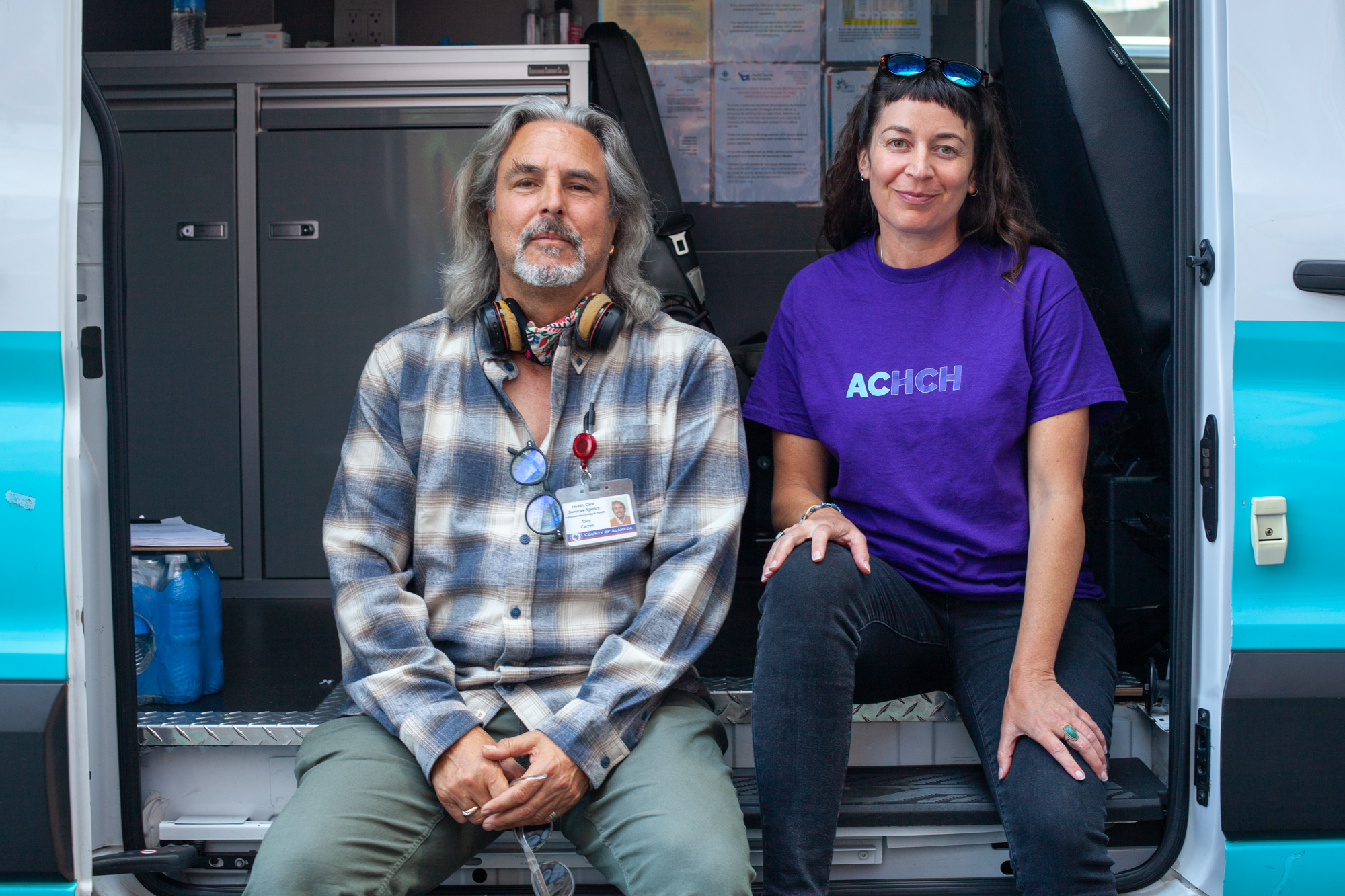
"The hidden cost behind newly cleaned streets is an increase in health risks. People lose vital medical devices-wheelchairs, canes, and oxygen tanks. Many end up farther from the clinics and treatment programs they rely on. That can mean missed appointments, lapsed prescriptions, or untreated wounds - crises that drive people to the emergency room. For people using illicit drugs, it can mean losing contact with street medicine teams-or using alone, which is especially dangerous when trusted friends aren't nearby to administer Narcan."
""Feeling like at any moment that someone might come in and take your belongings and ask you to move, creates a deep sense of instability, which has mental health implications," said Kelly Knight, a medical anthropologist at UCSF. "People feel a sense of futility being moved from place to place." Encampment closures can sever the tethers people rely on. Oakland's policy requires officials to provide 72 hours' notice in advance of a sweep, but in practice, residents said they're still caught off guard,"
Encampment closures and street sweeps increase health risks by displacing people and causing loss of essential medical devices such as wheelchairs, canes, oxygen tanks, and medications. Displacement pushes people farther from clinics and treatment programs, producing missed appointments, lapsed prescriptions, untreated wounds, and increased emergency-room visits. Disrupted contact with street-medicine teams raises overdose risk, especially when people use alone. A national projection links sweeps to hundreds or thousands of extra overdose deaths over a decade. Local research in California and Colorado found spikes in overdoses, hospitalizations, and worsening health following closures. Short notices and police-supervised removals deepen instability and sever social supports.
Read at Kqed
Unable to calculate read time
Collection
[
|
...
]